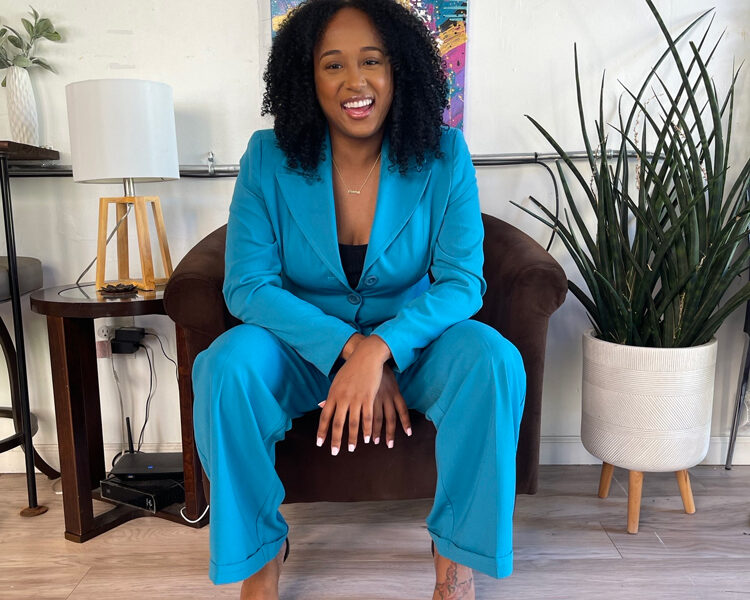By Carlina Shotwell
I remember the night before my 18th birthday like it was yesterday. I was awake, staring at the ceiling, wondering what life would look like without a system dictating my every move. No more social workers, no more check-ins, no more temporary placements—but also, no more safety net. While many of my peers were excited about adulthood, I was terrified. How was I supposed to build a life on my own when I had never been given the tools to do so?
For many youth in foster care, reunification with biological family is the ideal outcome. Some are able to return home with the help of family services and therapy, but for others, that door never fully reopens. I was one of them. My childhood was filled with uncertainty, bouncing between homes, longing for stability that never came. When I aged out, the world felt vast and unwelcoming. I had no guidebook, no plan—just a lingering sense of being unwanted, of being an afterthought in a system designed to protect, but not to prepare.
Aging Out: The Silent Crisis
The statistics on youth aging out of foster care are sobering. Many face homelessness, unemployment, or involvement in the criminal justice system. I could have been one of them. There were nights I had nowhere to go and days I skipped meals to stretch what little money I had. But I refused to let my past define my future. I realized that if I was going to survive—truly survive—I had to equip myself with the skills no one had ever taught me.
The Power of Life Skills: A Lifeline for Foster Youth
I didn’t want another foster youth to feel as lost as I did. That’s why I created the Empower Yourself Life Skills Curriculum—not just as a program, but as a bridge between survival and success. This curriculum teaches real-life skills that are critical to independence:
- Financial Literacy – Learning how to manage money, build credit, and budget responsibly.
- Career Readiness – Writing resumes, acing interviews, and developing workplace professionalism.
- Housing Stability – Understanding leases, tenants’ rights, and how to secure a safe home.
- Health & Wellness – Prioritizing mental health, self-care, and overall well-being.
- Building Support Networks – Finding mentors, allies, and community connections to prevent isolation.
A Call to Action: Be the Difference
My journey could have ended in despair, but I found purpose in my pain. Now, I want to turn that purpose into action. If you believe in empowering foster youth, I invite you to support this mission—whether by purchasing the curriculum for a young person in need, sharing this message, or helping me expand these resources to more communities.
Foster youth don’t need pity. They need opportunity, guidance, and belief in their potential. I know this because I was one of them.
Together, we can change the narrative. Together, we can ensure that no foster youth stands at the edge of adulthood feeling unprepared and alone.
Carlina Shotwell is a Life Skills Educator with lived experience in the North Carolina foster care system. To learn more about her work, visit her website. Follow her on social media at @carlinashotwell (LinkedIn, Instagram, Facebook)


